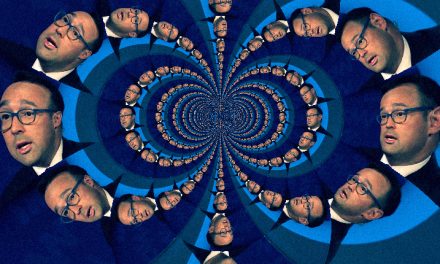.
Wal-Mart wins Supreme Court sex-bias case ruling
WASHINGTON (Reuters) – The Supreme Court ruled for Wal-Mart Stores Inc in the largest sex-discrimination lawsuit ever, overturning a decision that gave class-action status for female employees seeking billions of dollars. Syllabus: WAL-MART STORES, INC. v. DUKES ET AL.
Held:
1. The certification of the plaintiff class was not consistent withRule 23(a). Pp. 8-20. (a) Rule 23(a)(2) requires a party seeking class certification to prove that the class has common “questions of law or fact.” Their claims must depend upon a common contention of such a nature thatit is capable of classwide resolution–which means that determination of its truth or falsity will resolve an issue that is central to thevalidity of each one of the claims in one stroke.… On the facts of this case, the conceptual gap between an individual’s discrimination claimand “the existence of a class of persons who have suffered the sameinjury,” id., at 157-158, must be bridged by “[s]ignificant proof that an employer operated under a general policy of discrimination,” id., at 159, n. 15. Such proof is absent here. Wal-Mart’s announced policy forbids sex discrimination, and the company has penalties for denials of equal opportunity. Respondents’ only evidence of a general discrimination policy was a sociologist’s analysis asserting that Wal-Mart’s corporate culture made it vulnerable to gender bias. But because he could not estimate what percent of Wal-Mart employment decisions might be determined by stereotypical thinking, his testimony was worlds away from “significant proof” that Wal-Mart “operated under a general policy of discrimination.”
"But I will not let myself be reduced to silence."







